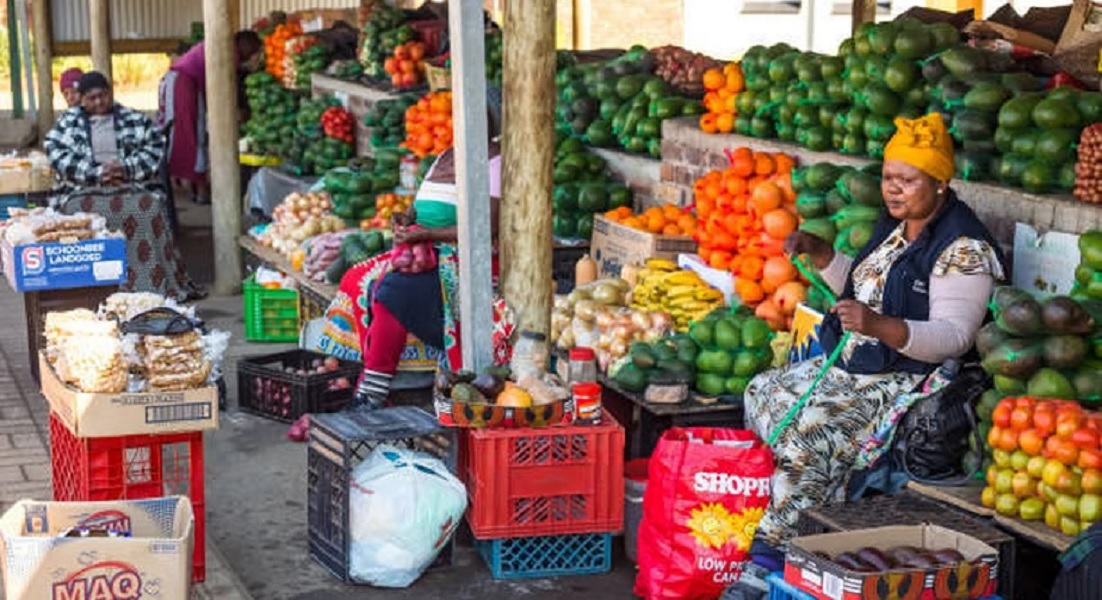For an economy to grow, it has to create a conducive environment to conduct business. It also needs valuable goods and services to trade in the global market.
Aside from these obvious denotations, other less obvious factors can speed up the growth of a country’s wealth growth.
Wealth in this regard is more the nation’s assets via its high net worth individuals, government assets, and private sector resources than its gross domestic product.
New World Wealth and Henley & Partners collated data on centi-millionaires and data on economic performances worldwide and came up with a report that revealed numerous economic influences, including what grows a country’s wealth.
Below are five drivers of wealth growth that have impacted the African continent positively or negatively.
Migration: According to this report, the migration of wealthy people to a country can help boost the country’s wealth. “The migration of wealthy people into a country also helps to build its wealth and has been instrumental in boosting wealth in several high-income markets over the past 20 years, including the likes of Australia, Malta, Mauritius, Monaco, and the UAE.”
News transparency: The report noted that when a country has reliable news outlets, foreign investors would be keener to assess its markets more closely and invest based on reliable information. “A well-developed financial media space is especially important as it helps to disseminate information to investors. European and North American countries score strongly here, as do Australia, India, Kenya, New Zealand, and South Africa.”
Low task rate: A country with a low tax rate invites foreign business owners and indigenous companies to operate with little or no complications. “Mauritius, Singapore, and the UAE are examples of the power that tax rates can have in encouraging business formation as these countries all boast low tax rates.”
Strong ownership rights: For an economy to grow its wealth, the government must allow for strong ownership rights. This report revealed how micromanagement and interference can hurt the growth of a nation’s wealth. “Zimbabwe offers a case in point as to what could happen when ownership rights are stripped. Once assets are taken away, they tend to lose value as it is unlikely that investors would be willing to commit to buying them.”
Strong competition in essential services: Based on this report, when a service is in high demand, there have to be several highly competitive providers, otherwise that industry gets stale, as there would be little need to innovate with no competition around to threaten a monopolized industry. “As a case study, electricity utility Eskom in South Africa shows the risks of government-owned monopolies, especially in critical sectors such as power generation.”
Source: PulseGhana

